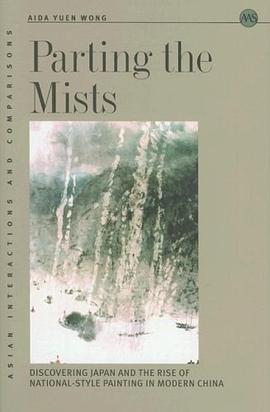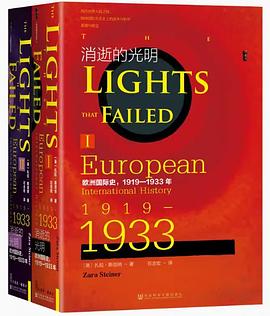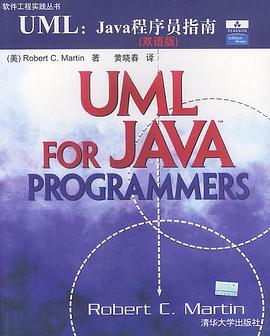How to Read Wittgenstein
内容简介
Approaching the writing of major intellectuals, artists, and philosophers need no longer be daunting. How to Read is a new sort of introduction--a personal master class in reading--that brings you face to face with the work of some of the most influential and challenging writers in history. In lucid, accessible language, these books explain essential topics such as Wittgenstein's determination to insist on the integrity and the autonomy of nonscientific forms of understanding. Though Wittgenstein wrote on the same subjects that dominate the work of other analytic philosophers the nature of logic, the limits of language, the analysis of meaning he did so in a peculiarly poetic style that separates his work sharply from that of his peers and makes the question of how to read him particularly pertinent. At the root of Wittgenstein's thought, Monk argues, is a determination to resist the scientism characteristic of our age, a determination to insist on the integrity and the autonomy of non-scientific forms of understanding. The kind of understanding we seek in philosophy, Wittgenstein tried to make clear, is similar to the kind we might seek of a person, a piece of music, or, indeed, of a poem.
......(更多)
作者简介
Ray Monk is Professor of Philosophy at the University of Southampton. He is the author of Ludwig Wittgenstein: The Duty of Genius and of a two-volume biography of Bertrand Russell.
......(更多)
目录
......(更多)
读书文摘
在《逻辑哲学论》的结尾处,维特根斯坦说:“的确有不能表达的东西。这种东西是自身显示出来的。它是神秘的东西。”在那些“显示自身”的东西当中,有伦理学、美学、宗教、人生的意义、逻辑和哲学。在所有这些领域中,维特根斯坦似乎都认为,真理确实存在,但这些真理没有一个能用语言表达出来;它们都必须被显示出来,而不是说出来。
这种研究哲学的方法尽量忠实于他在《逻辑哲学论》里面所获得的深刻见解:哲学不可能是一门科学,或者类似科学的任何东西。它不是一个教义体系,而是一种行动,一种澄清因受语言迷惑所导致的困惑的行动。
......(更多)






